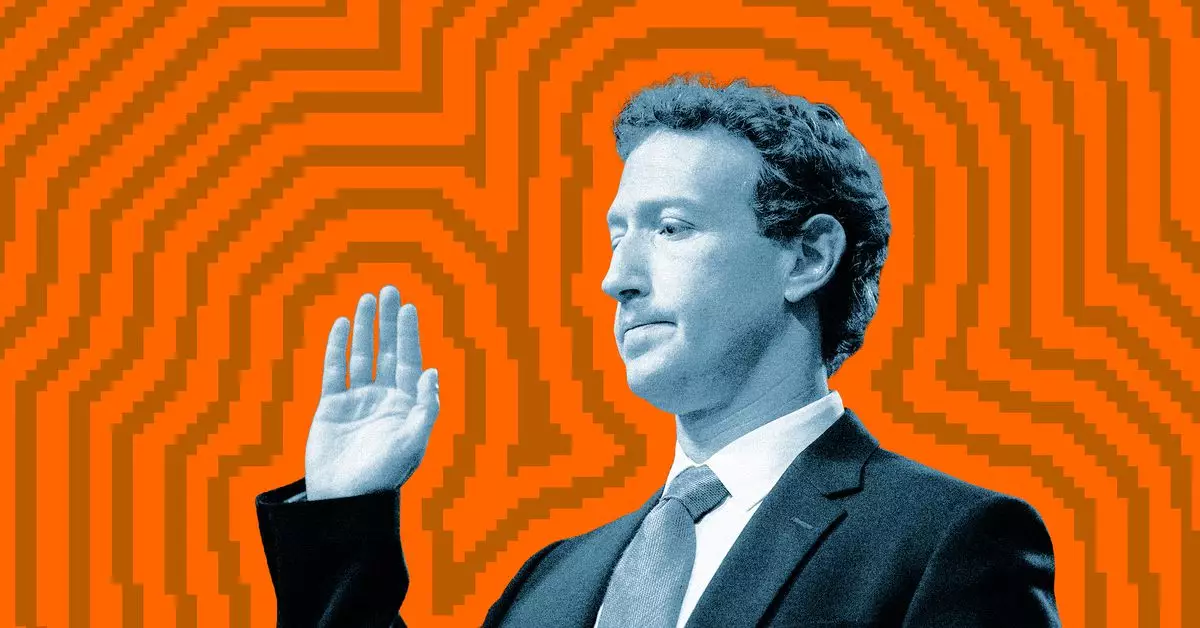On a recent winter evening, a significant meeting took place between Mark Zuckerberg, the CEO of Meta Platforms, and President-elect Donald Trump at Mar-a-Lago. Described as an essential gathering for American innovation, this dinner has sparked discussions about the intertwining paths of business and politics in an era where technology plays a pivotal role in shaping societal landscapes.
The meeting was met with mixed reactions, highlighting the complex relationship between major tech figures and political leaders. Zuckerberg, a prominent player in the tech landscape, brings with him both the weight of his company’s influence and the controversies surrounding it, particularly concerning Facebook’s involvement in political events, such as the 2020 presidential election. The discourse around this gathering raises questions about the accountability of tech platforms in political processes and the implications for democracy.
The Tech Sector’s Political Responsibility
In recent years, tech giants have increasingly found themselves under scrutiny regarding their impact on democratic processes. Facebook, in particular, has faced allegations of allowing misinformation to proliferate on its platform, which many believe contributed to the tumultuous events surrounding the last presidential election. Critics have not only called for more stringent regulations on social media companies but have also expressed the need for leaders in tech to take a more active role in ethical governance.
The controversial landscape surrounding Zuckerberg remained a focal point during discussions following the dinner. Despite the intentions of fostering dialogue for innovation, the sentiment across various sectors is that personal accountability for such platforms remains paramount. It’s a conversation that raises ethical questions about the boundaries of tech influence in politics and the responsibilities that come with it.
Meta’s spokesperson, Andy Stone’s statement emphasizes the necessity for dialogues that will shape the future of American innovation. Yet, the conversation’s undertones hint at a deeper, underlying tension regarding the power structures at play. When examining the role of influential business figures like Zuckerberg in political arenas, one cannot ignore the duality of innovation as both a potential tool for progress and a mechanism for manipulation.
This juxtaposition raises an essential question: can innovation truly thrive in a landscape that demands ethical considerations? As tech leaders engage in high-profile meetings with political figures like Trump, the public remains concerned about whether these encounters will yield positive outcomes for society or merely serve the interests of the powerful few.
As the tech industry continues to evolve rapidly, the implications of such high-stakes meetings prompt a reevaluation of the frameworks guiding technology’s integration into political spheres. There is an urgent need for ongoing conversations about ethical standards in tech, ensuring that innovation bolsters democracy rather than undermining it.
Ultimately, the interface between technology and politics is fraught with both opportunity and peril. The meeting between Zuckerberg and Trump is but a singular event in a broader dialogue that demands transparency, accountability, and a commitment to the public good. The future of American innovation depends on how effectively these discussions translate into actionable change that benefits all citizens, rather than catering to elite interests.

